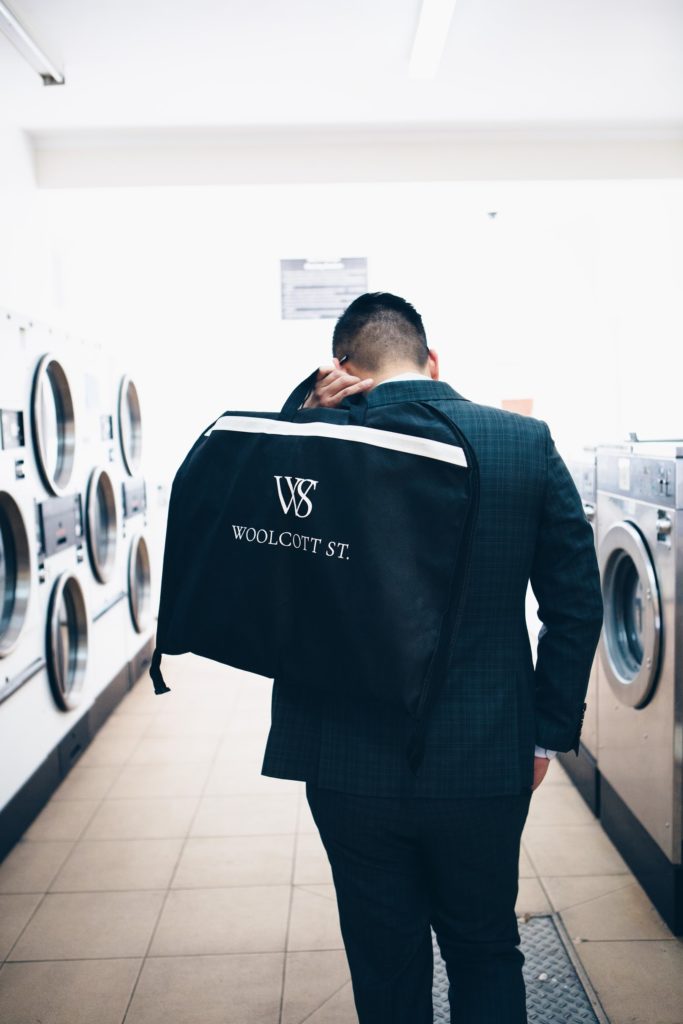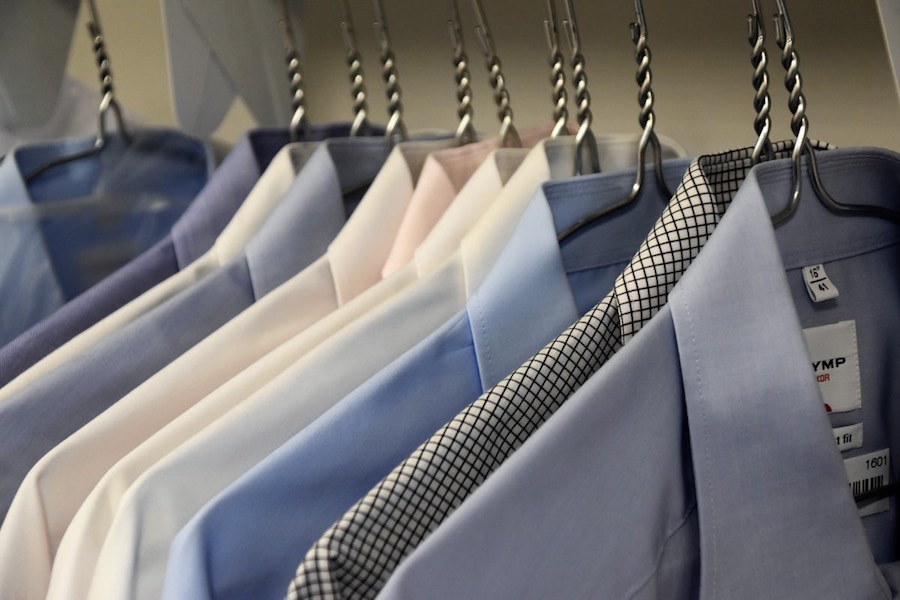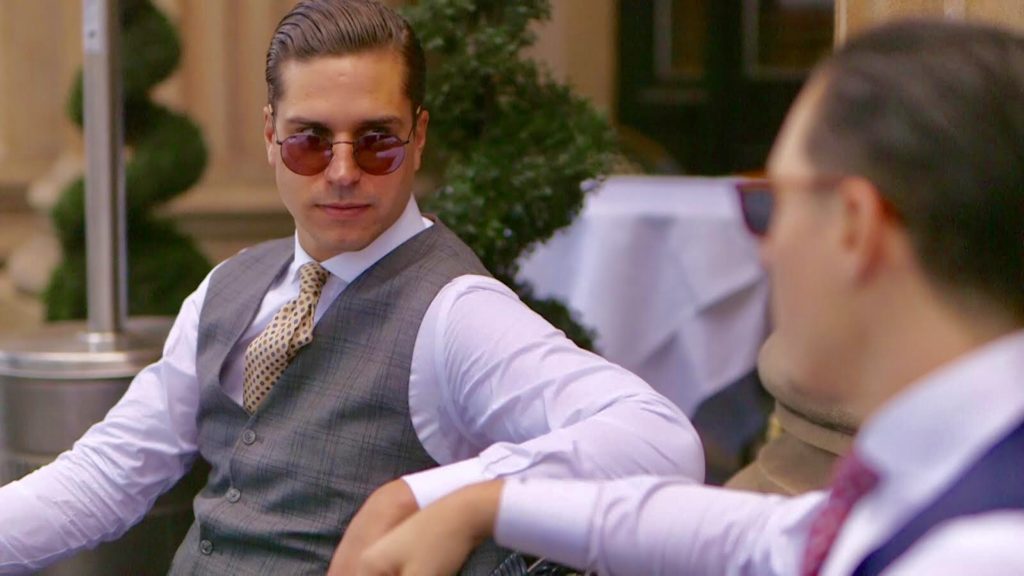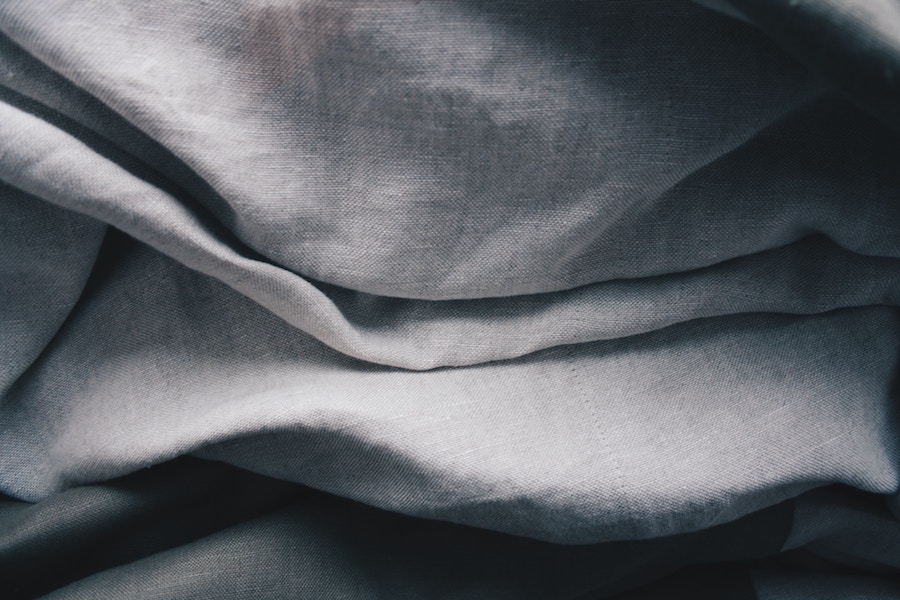The key to having a long-lasting suit isn’t getting it dry cleaned every other week. It’s true; your suit accumulates a lot of everyday dirt and dust, but suit cleaning too regularly can be tantamount to a slow death for your hard-earned suits before long.
If you’re wearing a suit to work, you’re likely wearing it at least every other day, visiting clients, colleagues, stakeholders, or someone else you need to impress (or why are you wearing a suit at all?). This means you’re probably walking around the city, having stressful, sweat-inducing meetings, eating lunch, or having drinks. All this means food, sweat, dirt and dust get trapped in the fibres of your suits. This is not only unpleasant, but it breaks down the fibres of your suits more quickly, meaning they won’t last as long as you’d like.
For most of us, our suits are one of the most expensive items in our wardrobe. But no matter how much you’ve paid or what suit types you own, without proper care and suit cleaning, your favourite suits won’t stand the test of time.
But, with some clever maintenance, we’ll have your suits lasting longer and feeling fresher. Here’s how.
1. Suit cleaning 101
Most of us don’t realise it, but suit cleaning on a regular basis can cause a world of harm. Dry cleaning suits often means using a solvent called Perchloroethylene. This chemical strips the fibres in your suit fabric of their natural oils, meaning they lose their best properties. After dry cleaning suits too often, the fibres of the fabric will become brittle, and your suit will become worn much sooner than it should.
So, without dry cleaning suits, how do you keep them clean? Try to hold off dry cleaning suits for as long as possible. This might be 6 months or even a whole year. You should only dry clean your suits when absolutely necessary. This applies for pretty much all suit types.
In between dry cleaning, suit cleaning just for spots can address any spillages or stains. Hang your suits to air after wearing for a day or so on a wide wooden hanger. This won’t alter the shape of your suit’s shoulders and will iron out most wrinkles in your suit. Use a lint roller or suit brush to remove any excess lint, dust or pet hair. Brush in a downward motion, and try to do it after every wear. This will mitigate the need for dry cleaning.

For more stubborn wrinkles, invest in a steam cleaner. These can be purchased affordably at most major department stores, and are a worthwhile investment, even for that beloved but wrinkled t-shirt you pull out of the wash 15 minutes before you need to leave the house!
For suit cleaning, turn the heat to the lowest setting and gently steam the fabric. Avoid steaming the chest area too much, as this may ruin the internal canvas. After steaming, your suit will look good as new and feel much fresher.
2. Rotating your suits
Suits are made to last for a long time, but even the highest-quality suit won’t last long if you wear it constantly.
If you’re wearing a suit every day, try to have at least 5 to rotate between, but you could have up to ten different suits. To mix things up you could also include a business casual look to your repertoire if suitable for your workplace, to help your suits go the distance (not to mention add some much-needed versatility to your wardrobe).
As a rule of thumb, only wear a suit once per week. Wool is a remarkable fibre, however, you need to give your garment time to rest and recover, which takes around a week. Doing this will mean that creases will drop out and odours will dissipate. Any moisture within the fibres will also evaporate, meaning that your garments won’t shine up and will fade quickly.

3. Fitting your suits
An ill-fitting suit not only looks bad, but it makes it easier for your suits to wear and tear, particularly if the suit is too small. Suits are made to breathe and stretch a little; after all, you do want to be able to move! But constant straining of the fabric in a too-small suit can wear your suits down quickly, particularly across the back and chest, and even across the thighs of your trousers.
A suit that is too large or too long can also wear more quickly, however. Trousers that are too long can collect dust and debris while walking, and a long or large sleeve can hang, with the danger of getting snagged, or being dipped in your morning coffee!
When in doubt, tailor-made suits are your best bet when it comes to ensuring your suit fits like a glove. Find out why tailor-made suits will revolutionise your world here.

4. Storing your suits
Store your suits in a dry cupboard hung on a round-shouldered wooden hanger. This will ensure the shape of your suit’s shoulders is maintained and allows the suit enough space to breathe.
If, however, your suit needs more of an airing, hang it in a dry, open area for a day or two for a proper airing before putting it back in the cupboard. Hang it as soon as you take it off; this will ensure you get the maximum longevity from your suit.
5. Fabric choices for the right occasions
Part of extending the life of your suit and negating the need for constant suit cleaning is choosing the correct fabric choices for various occasions and weather types. If you wear suits every day, all year round, you’ll need a variety of suit types.
Wearing a heavy-weight woollen suit in summer isn’t only uncomfortable, it can make you sweat unnecessarily, and all that extra sweat will seep into the fibres of your suit.

Likewise, you don’t want to opt for a linen suit when the weather gets cooler. Linen is great for its breathability, but it stains and creases easily, so isn’t great if you’re planning on a big day out or a long dinner.
Knowing your fabric weights and choices is crucial when it comes to ensuring the longevity of your suits. Your tailor can give you advice on which fabrics are suitable for which occasions and which suit types will work best with your lifestyle. For instance, if you’re a long-haul frequent flyer for business, you may want a more hard-wearing suit that won’t crease when you sit down for long periods of time.
To find out more about which suit types will work best for you, and to hear more about correct suit maintenance, contact us today or discover more about our process here.


